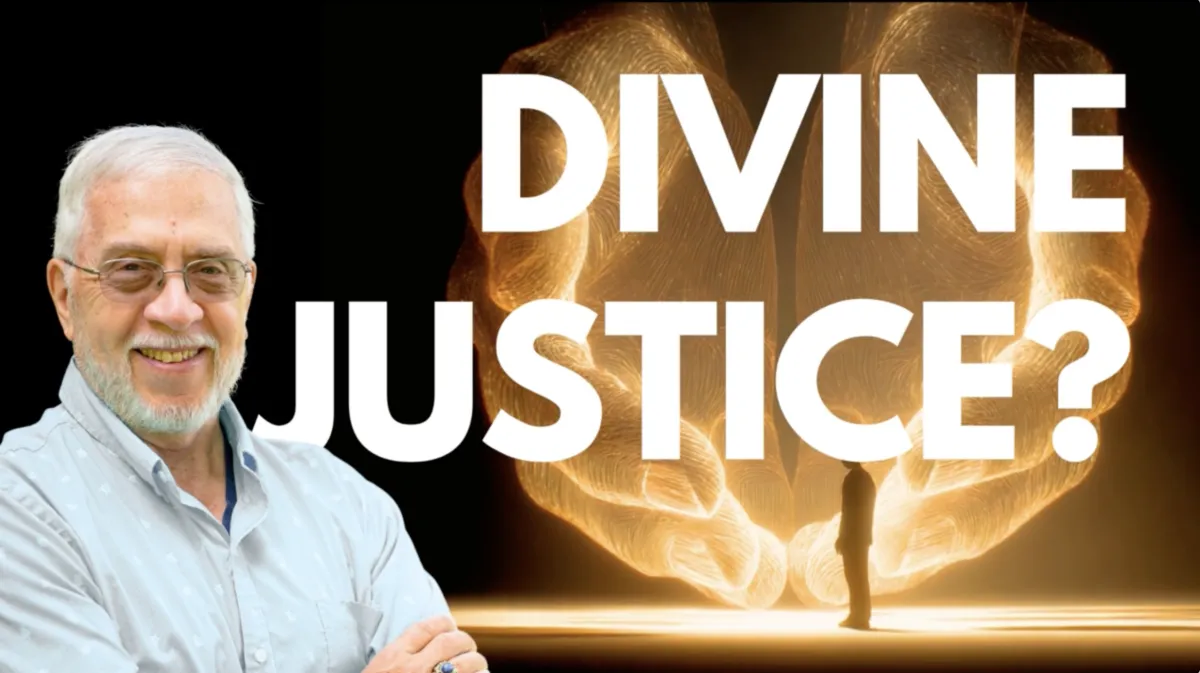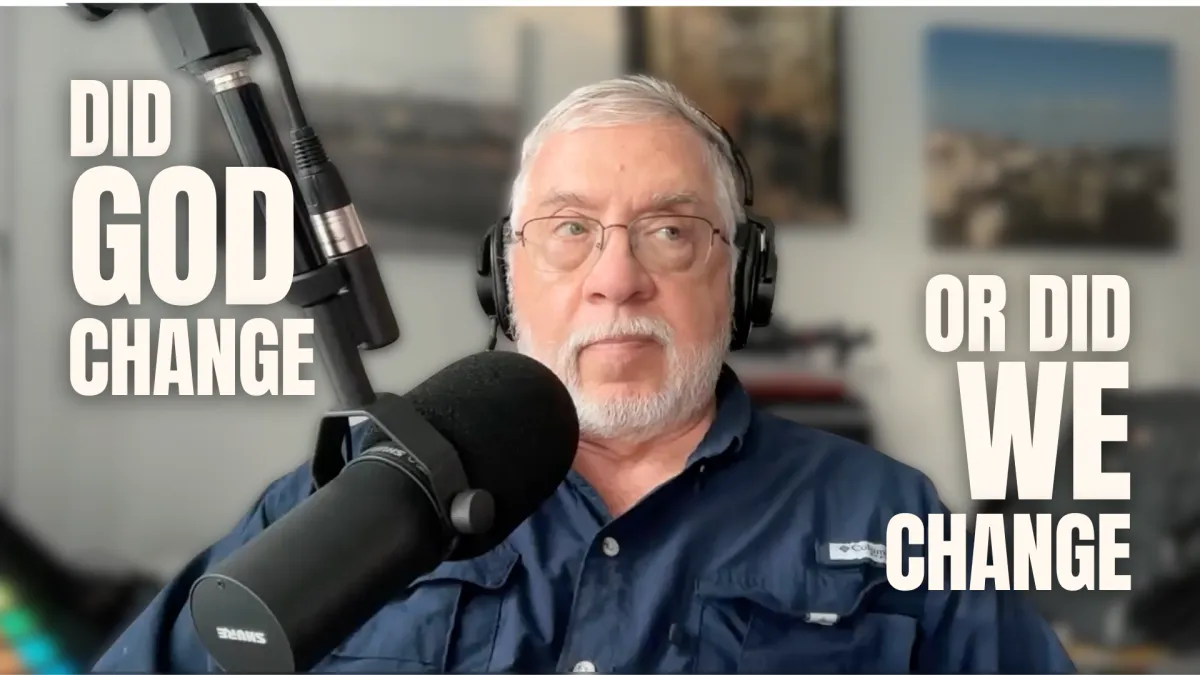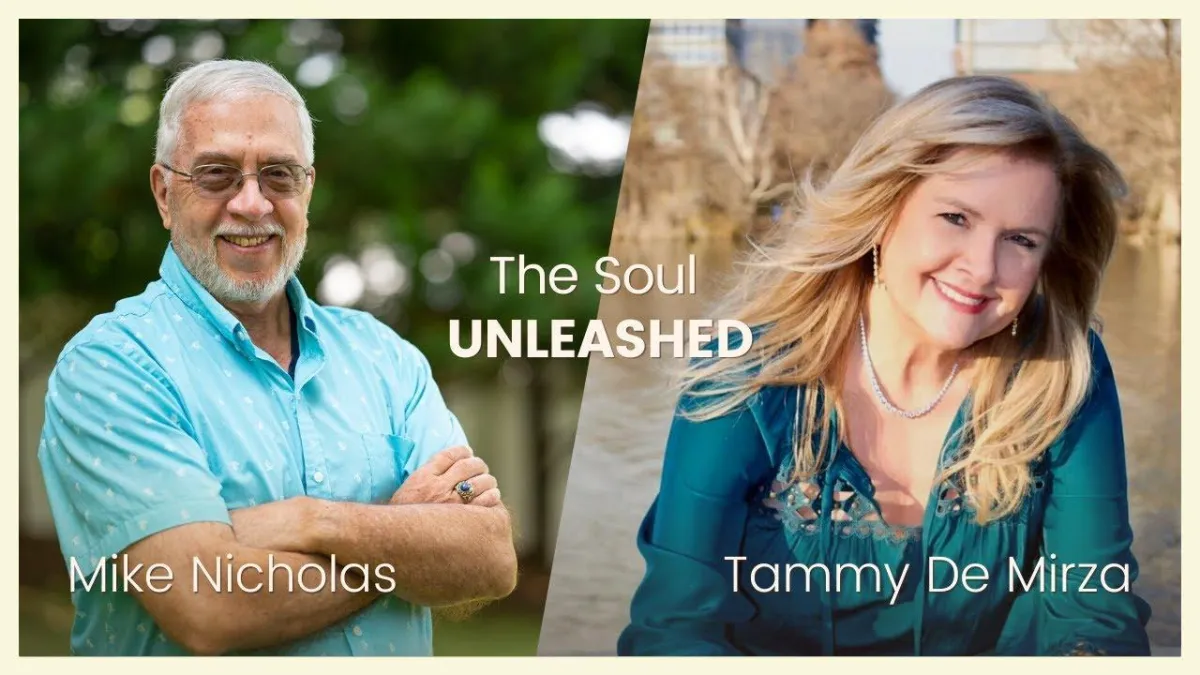

"I discovered to my joy, that it is life, not death, that has no limits."
Gabriel Garcia Marquez
Mike Nicholas
AUTHOR & PODCASTER
Ebook is now available on Amazon

About the Author
Meet Mike Nicholas
Author & Podcaster
Hi, there!
I'm Mike Nicholas.
I am a recovering left-brainer and spiritual skeptic whose life was transformed through some unusual experiences following the loss of our younger son in 2020.
In the depths of our grief, and in the middle of the fear over the COVID pandemic, our deceased son reached out to us through the “veil” that separates us from our departed loved ones.
You can click on my podcasts below to learn more about my life's mission and why I am so passionate to help others “Unleash their soul”! You can also view a few of the videos that caused me to begin my spiritual awakening on the "Videos" page of this website.
Listen to The Soul Unleashed Podcast
Catch the Latest Episodes Now!
📋 All Podcast Episodes
Explore every episode of The Soul Unleashed — a journey into signs, spirit, and the afterlife.
Watch the Latest Episodes
Watch Podcast Interviews
FOLLOW US
© Copyright 2025. The Soul Unleashed. All Rights Reserved.









